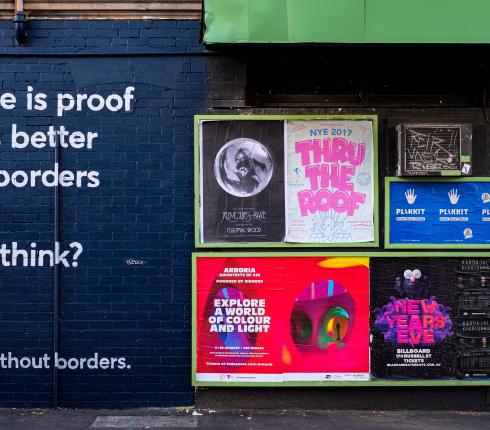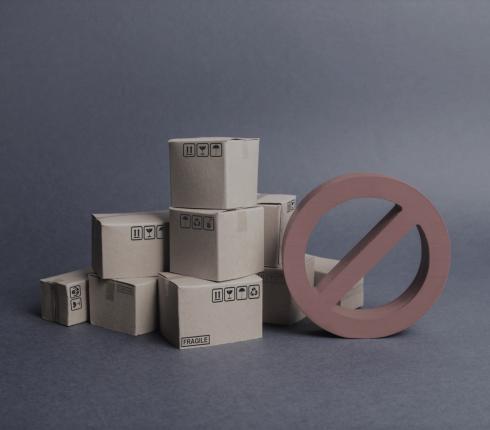NJORD Estonia: Advertising requirements in Estonia and COVID-19’s impact
The COVID-19 crisis has spread more or less all over the world and it affects a lot of companies. They are the ones who lose employees and clients due to COVID-19. Despite that, companies need to survive the crisis and keep their clients. In Estonia, many companies have established e-shops and are offering goods and services at discounted prices in order to stay active and overcome the tough times. All that requires advertising as well. For companies, it is important to understand that the crisis does not mean that the rules do not apply anymore. They do apply and even more strictly.
During the crisis, companies must consider all the rules on advertising and consumer protection, as the consumers are more vulnerable than during regular times. The crisis has made people panic-buy as they are afraid that the crisis can get even worse in the future. Due to that, companies must review their advertisement tactics and wordings.
The Estonian Advertising Act stipulates strict rules for advertising, with the aim of protecting the consumers and competitors. The advertising rules require that the offering of goods and services must comply with good morals and cannot exploit emergency situations. In addition, there is a rule that an advertisement cannot incite to act unlawfully or violate prevailing standards of decency or justify offences. During the crisis, companies must consider, what kind of human actions their advertising activities may result in (for example, panic-buying), taking into account that COVID-19 is a very infectious disease.
The Estonian government declared an emergency situation on 12 March due to the worldwide pandemic of coronavirus COVID-19. The government has introduced several restrictions, including limitations on the movement of people, restrictions on gatherings as well as the closing of shopping malls. These restrictions also affect the way how companies can advertise. For example, as people must avoid close contact with other people and keep distance, advertising discounts at a shop in a department store would be considered an inappropriate way of advertising. Estonian prime minister has stated that companies who are using discounts to lure people into their shops are behaving irresponsibly and such activities can lead to sanctions. This reaction of the Estonian prime minister was caused by one sportswear shop that announced a big discount and many people stormed there to get goods on sale.
In addition, the Consumer Protection Act requires that the consumer must be given complete and correct information regarding the products or services. Therefore, using phrases like “the best“, “nothing else like it“ and “only now“, must be considered very carefully. This is especially important during the present emergency situation, as it may make people panic-buy, without thinking that by going out to the stores in order to buy goods, they are also exposing themselves to the virus.
The coronavirus crisis has also drawn attention to the rule that a company may not advertise a product as having features or functions which it does not actually have. Currently, some countries are suffering from a lack of respiratory masks which help to protect against COVID-19. Certain companies and natural persons have begun making the masks themselves. In response to this, the Estonian Consumer Protection and Technical Regulatory Authority has emphasised that a self-made mask cannot be advertised as a mask which ensures protection against COVID-19. This is important for other products as well – an advertisement for a product must not create an illusion that it has certain functions if it actually does not. The consumer must receive true information about what a product can do.
Based on the aforementioned, companies must analyse more thoroughly which advertising tactics and methods to use during the crisis, and whether they are in compliance with the applicable legal acts. Companies must avoid advertisements which lead to people gathering at the shops. Also, companies must not take advantage of people’s tendency to panic-buy. Incompliance with these requirements can lead to sanctions, including fines.

































